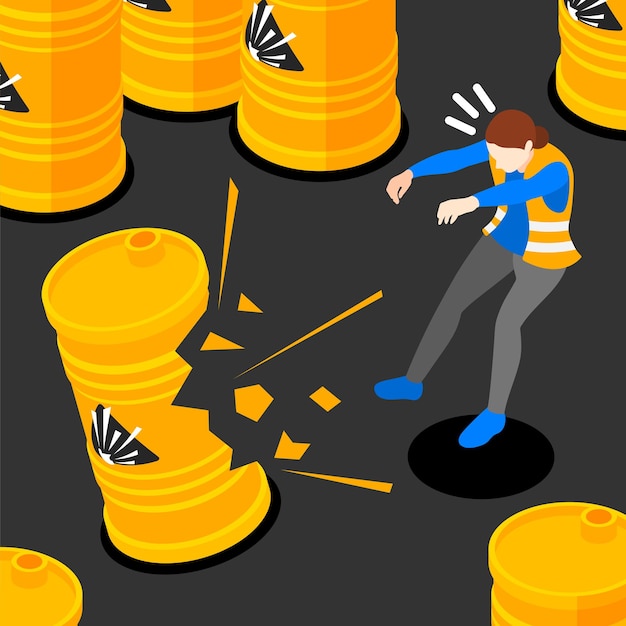Having a financial expert in your corner can be a real comfort, especially when you’re navigating the ever-changing landscape of the stock market. This sense of security often leads people to trust investment advisors. With the constant updates to market regulations, investors generally feel safe and have faith in the financial system. But sometimes, things go wrong, and scams catch investors off guard.
One of the most notorious scams is the Ponzi scheme, named after Charles Ponzi, an Italian immigrant who moved to Boston in the early 1900s. Ponzi schemes have been around for over a century and have cost investors billions of dollars. The scam that made Bernard Madoff a household name was a Ponzi scheme.
So, what exactly is a Ponzi scheme? It’s a type of fraud where investors are drawn in by someone they believe to be a reputable investment professional. The scammer often promises high returns. Early investors might not notice anything amiss at first because they’re paid returns from the money new investors put in. This makes it look like the investment is legit, and they often recommend it to others. But eventually, the scam can’t sustain itself. When there are too many early investors and not enough new money coming in, the scheme collapses, and everyone loses out.
The first Ponzi scheme started with good intentions. Charles Ponzi found a way to make money from international reply coupons, which were used for return postage on international mail. He realized he could buy these coupons cheaply in Europe and sell them for a profit in the U.S. He shared this idea with friends and family, and word spread. But instead of buying and selling these coupons as he claimed, Ponzi was using the money from new investors to pay returns to early investors. When authorities audited his books, they discovered the fraud, and Ponzi ended up in prison.
Ponzi schemes are different from pyramid schemes. In a pyramid scheme, people are paid to recruit others to sell products or services that aren’t worth much. When there are no more new recruits, the scheme falls apart. In a Ponzi scheme, there’s usually just one person at the top, and they’re not recruiting salespeople or selling products. Instead, they’re promising high returns on investments that don’t exist.
Bernie Madoff ran one of the most infamous Ponzi schemes. He was a respected figure in the stock market, even serving as the Chairman of the Nasdaq. He created a fund that he claimed tracked the S&P 500 index closely. He kept his scheme under the radar by only offering his investment opportunity to wealthy investors. He kept his SEC filings up to date and consistent with what he said he was doing. But the numbers he reported were far from the truth. When the economic collapse of 2008 hit, investors started selling off their investments, including Madoff’s fund. He confessed to his sons that his fund was a scam, and they turned him in. He was arrested in 2008 and sentenced to 150 years in federal prison.
To avoid falling victim to a Ponzi scheme, look out for these warning signs: promised returns, unlicensed professionals, heavy promotion, and missing documentation. To protect yourself, remember that if something sounds too good to be true, it probably is. Do your research, verify licensing, and invest in trusted companies. If you come across a Ponzi scheme or any other fraudulent activity, report it to the SEC.
Some people argue that hedge funds are similar to Ponzi schemes because they report unrealized gains, which are gains on assets that haven’t been sold yet. This can be misleading because the assets might not be worth as much when they’re actually sold. But unlike Ponzi schemes, hedge funds are legal, although they’re not accessible to most investors due to high upfront costs.
In conclusion, Ponzi schemes are a common way for scammers to trick investors, and the cost can be devastating. Bernie Madoff’s scheme ruined many people financially. As an investor, always do your research and remember that if something sounds too good to be true, it probably is. By understanding what you’re investing in, you can protect yourself from becoming the next victim.
